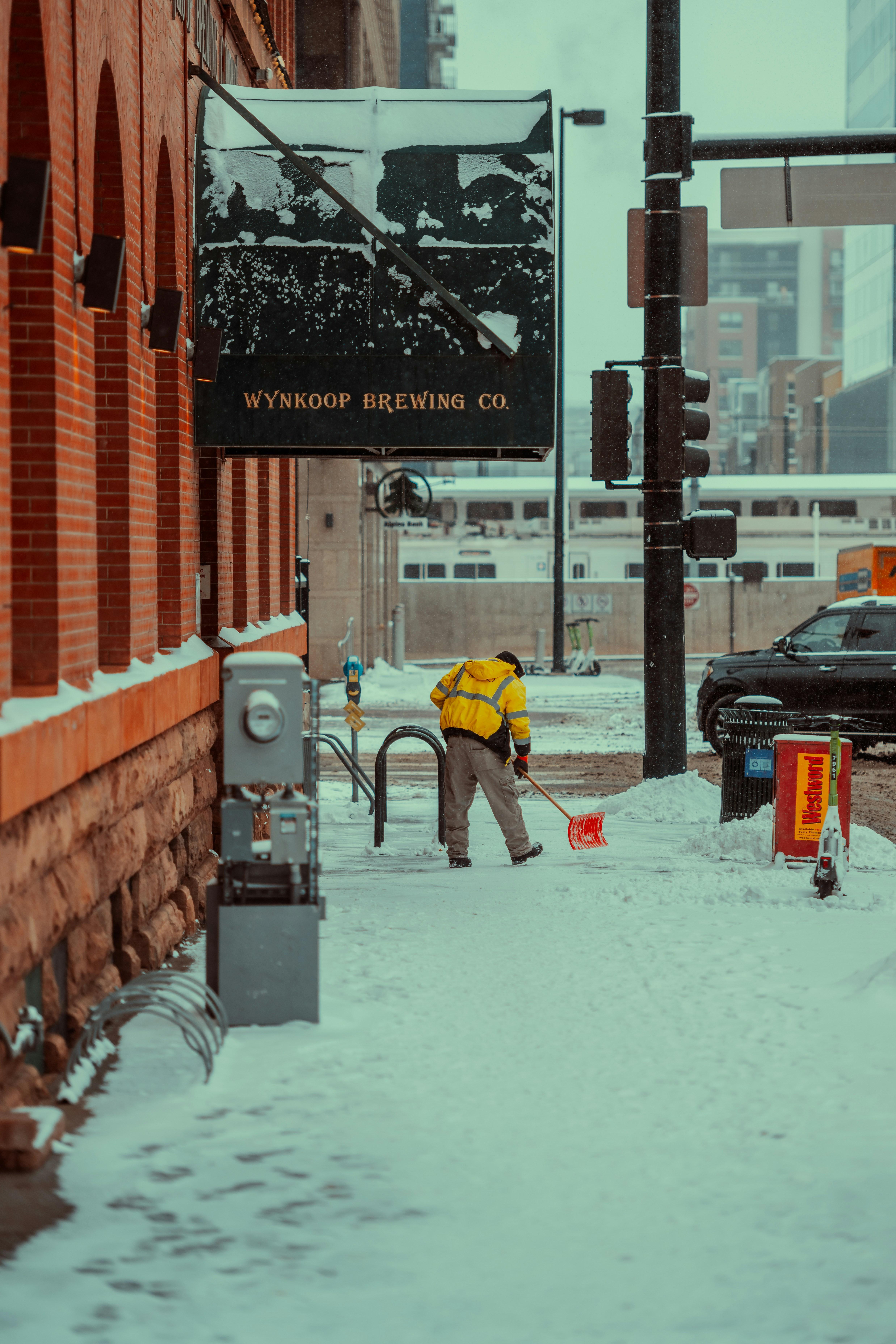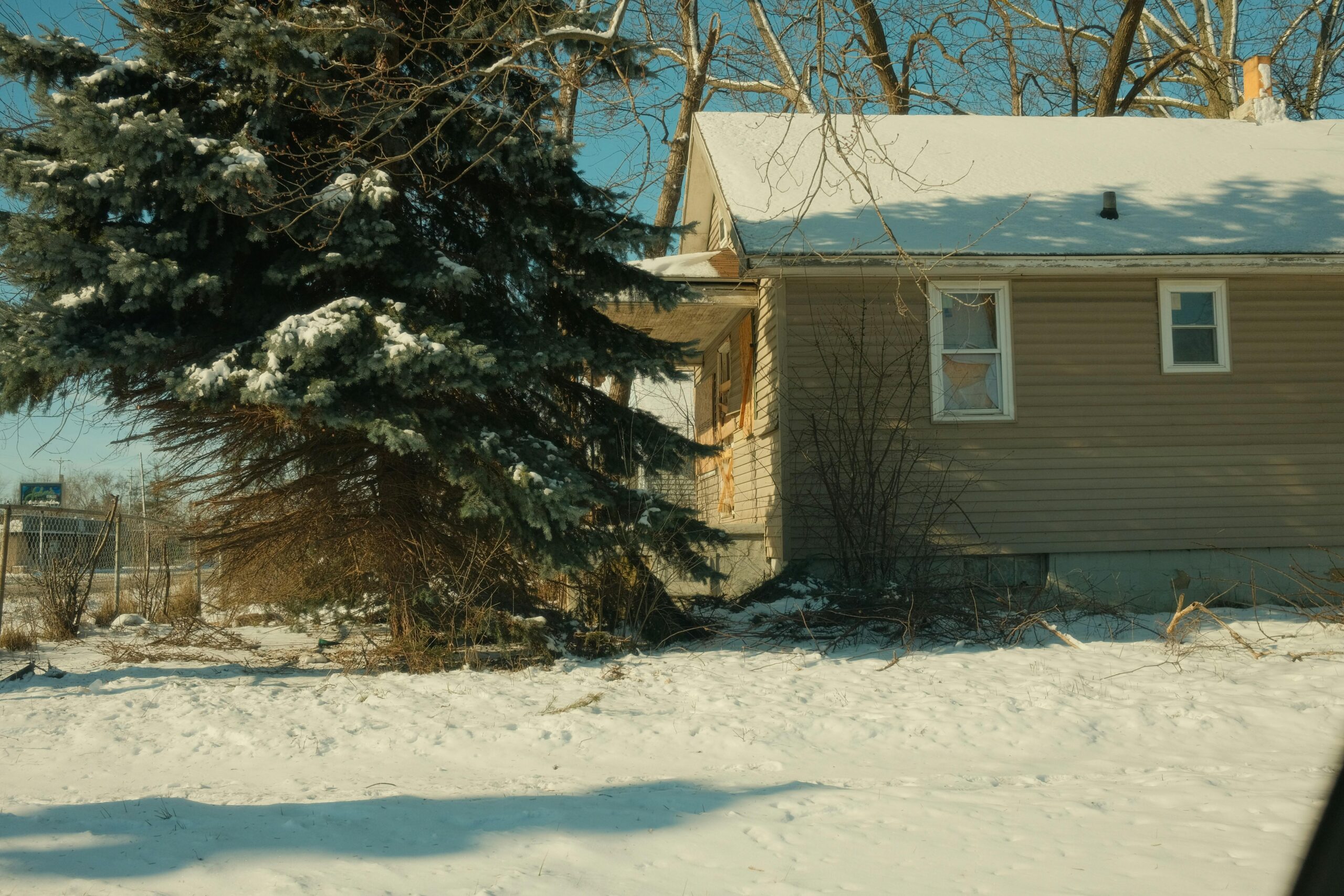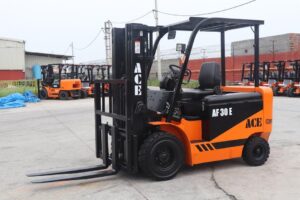Moving into a new home is always a fresh start-new walls, new neighbors, new possibilities. But amidst the excitement of unpacking and settling in, one often overlooked detail can significantly impact your safety and peace of mind: the security of your locks. For Minnesota renters, rekeying their locks after a move is a smart, proactive step that can protect against the unknown. Whether previous tenants, maintenance personnel, or others still have keys, taking control of your home’s access ensures that your new place truly feels like yours. In this article, we explore why rekeying is a valuable consideration for Minnesota renters and how it can help safeguard what matters most.
Table of Contents
- Understanding the Security Benefits of Rekeying for New Tenants
- How Rekeying Protects Your Personal Belongings and Privacy
- Navigating Your Lease Agreement When Requesting Rekeying
- Choosing a Trusted Locksmith in Minnesota for Your Rekeying Needs
- Cost Considerations and Long-Term Value of Rekeying After Moving In
- Q&A
- Insights and Conclusions

Understanding the Security Benefits of Rekeying for New Tenants
When moving into a new rental property, security should be a top priority for every tenant. Rekeying the locks offers an immediate layer of protection by ensuring that previous tenants, visitors, or even maintenance workers no longer have access. Unlike simply changing the lock, rekeying adjusts the internal mechanism to work with new keys, making old ones obsolete without the expense of a full lock replacement. This process not only guarantees exclusive access but also provides peace of mind by reducing the risk of unauthorized entry.
Key security benefits include:
- Eliminates potential risks posed by lost or duplicated keys from prior occupants
- Offers cost-effective personalization of property access
- Facilitates the ability to control and monitor who holds keys
| Benefit | Impact |
|---|---|
| Exclusive Access | Only new tenants have entry keys |
| Improved Safety | Reduces chances of break-ins |
| Cost Savings | Less expensive than changing entire locks |

How Rekeying Protects Your Personal Belongings and Privacy
When you move into a new rental property, the last thing you want is to worry about who might still have access to your home. Rekeying ensures that all previous keys are rendered useless, granting you fresh control over who can enter your space. This step is essential for safeguarding not just your physical belongings but also your personal privacy. After all, leaving the old locks unchanged can leave you vulnerable to unwanted intrusions, regardless of whether the previous tenants or landlords still possess keys. By investing in rekeying, you create a fresh boundary that protects your peace of mind and your valuable possessions.
Key benefits of rekeying include:
- Eliminating risks of unauthorized entry from former tenants or contractors
- Preventing lock manipulation attempts with old access keys
- Boosting your privacy within shared or multi-tenant buildings
- Providing a quick and cost-effective security upgrade option
| Security Aspect | Before Rekeying | After Rekeying |
|---|---|---|
| Key Control | Multiple unknown copies | Only your new keys work |
| Privacy | Potential access by others | Exclusive access ensured |
| Intrusion Risk | Higher due to leftover keys | Minimized with changed mechanism |

Navigating Your Lease Agreement When Requesting Rekeying
When considering rekeying your new rental, start by thoroughly examining your lease agreement. Pay close attention to any clauses regarding modifications to the property or security features. Many leases include provisions that require tenants to obtain landlord approval before changing locks, while others might mandate that rekeying is performed by a professional locksmith selected or approved by the property owner. Understanding these details helps you approach the conversation well-prepared and ensures compliance with your rental terms. If the lease is silent on rekeying, it’s still wise to discuss your request directly with your landlord to avoid misunderstandings.
When presenting your case, highlight the benefits of rekeying not only for your peace of mind but also for the landlord’s property security. You can include points such as:
- Enhanced safety: Prevents access from previous tenants or unauthorized individuals.
- Property protection: Safeguards against potential security risks and liability.
- Peace of mind: Builds trust and confidence in your rental space.
To further assist your landlord, consider offering to cover a portion or all of the cost. A cooperative approach often leads to quicker approvals and sets a positive tone for your tenancy. If approved, ensure all new keys are documented and kept track of, and ask for receipts or written confirmation to avoid future disputes.

Choosing a Trusted Locksmith in Minnesota for Your Rekeying Needs
When it comes to securing your new rental home, selecting a reliable locksmith in Minnesota is crucial. Trustworthiness and professionalism should top your list of criteria. Look for locksmiths who offer quick response times and are certified to handle residential rekeying services. It’s also wise to verify their reputation through reviews and ask about guarantees on their work. A credible locksmith will not only change the locks but also provide advice tailored to your specific needs, ensuring peace of mind in your new space.
Consider these essential factors when choosing your locksmith:
- License and Certifications: Ensure they meet Minnesota state requirements.
- Experience: Years in the business and expertise with apartment complexes.
- Transparent Pricing: Clear upfront estimates with no hidden fees.
- Emergency Services: Availability outside regular hours for urgent lock changes.
| Feature | Importance |
|---|---|
| Response Time | High |
| Customer Reviews | High |
| Service Warranty | Medium |
| Availability | High |

Cost Considerations and Long-Term Value of Rekeying After Moving In
When weighing the decision to rekey your new rental, it’s important to recognize the balance between upfront costs and the enduring peace of mind it offers. While the initial expense can vary based on the number of locks and complexity of your property, many Minnesota renters find that the investment pays for itself by enhancing safety and preventing potential security breaches. Opting to rekey rather than fully replace locks often results in a more cost-effective solution without compromising protection. Consider the value of knowing that previous tenants or unauthorized individuals no longer have access to your home-an intangible benefit that far outweighs the modest fee.
Beyond immediate security, rekeying adds long-term value by reducing the likelihood of unexpected expenses tied to break-ins or lost keys. Think of it as a proactive measure that safeguards both your belongings and your peace of mind. Here’s a quick snapshot of typical costs versus benefits:
| Expense | Estimated Cost | Benefit |
|---|---|---|
| Rekey Single Door | $40 – $90 | Enhanced control over access |
| Rekey Multiple Doors | $100 – $200 | Complete security reset |
| Emergency Lockouts | $100+ | Prevented with proper key control |
- Cost-Efficient: Rekeying avoids the need for costly lock replacement.
- Security Upgrade: Eliminates risks from prior tenants’ unknown key copies.
- Peace of Mind: Provides assurance no one else can access your rental.
Q&A
Q&A: Why Minnesota Renters Should Consider Rekeying After a Move
Q1: What does “rekeying” mean, and how is it different from changing locks?
A1: Rekeying involves altering the internal mechanism of an existing lock so that it works with a new key, effectively rendering old keys useless. In contrast, changing locks means removing the entire lock hardware and installing new ones. Rekeying is often more affordable and equally effective for security purposes.
Q2: Why is rekeying important for renters in Minnesota after moving into a new place?
A2: When you move into a rental, there’s no guarantee that previous tenants or others don’t still have keys to your new home. Rekeying ensures that you-and only you-control access to your living space, providing peace of mind and boosting personal security.
Q3: Aren’t landlords responsible for the locks? Why should renters rekey?
A3: While landlords are typically responsible for maintaining locks, they may not rekey after every tenant change. Additionally, landlords usually keep spare keys for emergencies. Rekeying offers an extra layer of security that puts control firmly in the renter’s hands.
Q4: Is rekeying a complex process or expensive?
A4: Not at all. Rekeying is a straightforward process that locksmiths can complete usually within an hour, and it tends to cost less than buying and installing new locks. Plus, the peace of mind it offers is priceless.
Q5: Can renters rekey themselves, or should they hire a professional?
A5: While some handy renters might tackle rekeying themselves, it requires specific tools and knowledge. Hiring a licensed locksmith ensures the job is done correctly and the lock remains secure.
Q6: Besides security, are there other benefits to rekeying after moving?
A6: Definitely. Rekeying can help renters avoid potential liability issues if an old key falls into the wrong hands. It also simplifies key management-no need to worry about lost or duplicated keys made by previous occupants.
Q7: How does Minnesota law impact renters and rekeying?
A7: Minnesota law obliges landlords to provide secure locks but doesn’t mandate rekeying between tenants. Renters who want enhanced safety benefits often choose to rekey proactively. It’s a smart move to protect your home and belongings.
Q8: What’s the bottom line for Minnesota renters considering rekeying?
A8: Rekeying is an affordable, effective security step that transforms your rental space into a truly private home. By changing the keys on your locks after moving in, you gain control over who can access your door, giving you peace of mind in your new Minnesota residence.
Insights and Conclusions
In the end, moving into a new Minnesota home is not just about unpacking boxes or arranging furniture-it’s about establishing a sense of security and peace of mind. Rekeying your locks after a move may seem like a small step, but it’s a powerful way to take control of your space and protect your privacy. For renters navigating the beautiful landscapes and vibrant communities of the North Star State, it’s an often overlooked yet essential practice. So, before you settle in and hang that first picture, consider turning the key one more time-your future self will thank you.





